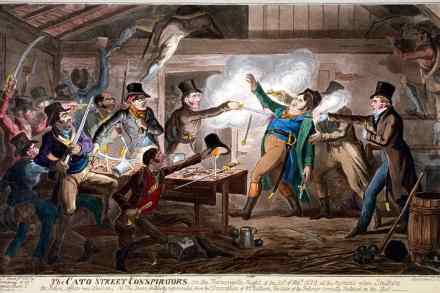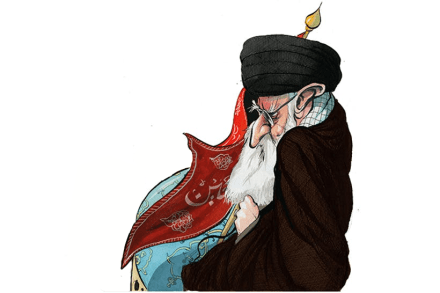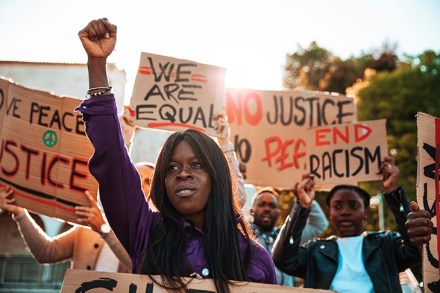News from a small island: Theft, by Abdulrazak Gurnah, reviewed
In 2021, the award of the Nobel Prize in Literature made Abdulrazak Gurnah the world’s second-best-known Zanzibari – after a certain Farrokh Bulsara, aka Freddie Mercury. Forgive the flippant comparison, but the pop world’s perplexity over Queen’s vocalist’s origins feels germane to the quest for a coherent self and story undertaken by the Nobel laureate’s chief characters. Born in 1948, in what was still the ancient, British-protected sultanate of Zanzibar, Gurnah has, over 11 novels, done more than explore ‘the fate of the refugee in the gulf between cultures and continents’ (as the Nobel citation primly put it). His fiction shows that the shocks of power and history can make







